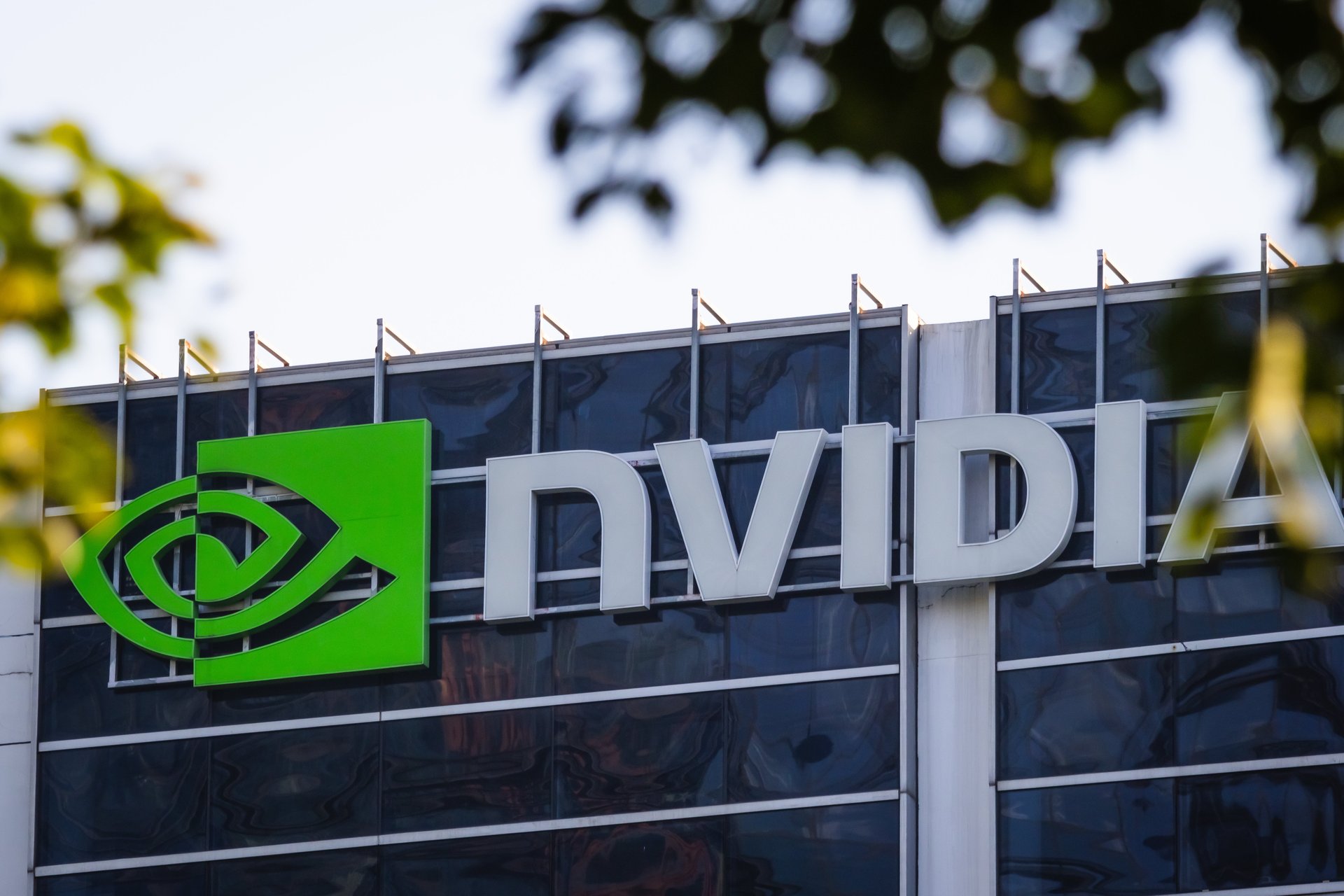Nvidia asked Supermicro and Dell how its advanced AI chips ended up in China
The chipmaker was reportedly asked by the U.S. Commerce Department to look into how its chips are smuggled into China

Nvidia (NVDA) has reportedly tapped its partners to look into how its advanced artificial intelligence chips are being smuggled into China.
Suggested Reading
The chipmaker, which doesn’t usually directly sell its chips to customers, has asked Supermicro and Dell to carry out spot checks on Southeast Asia-based customers to verify that they still have their Nvidia chip-equipped servers, The Information reported, citing an unnamed person close to the U.S. Department of Commerce who is familiar with the situation.
An unnamed person close to Supermicro (SMCI) told the publication that chip smugglers use various methods — including duplicating the serial numbers on Nvidia-equipped servers purchased from Supermicro then attaching them to other servers — when anticipating inspections.
Nvidia turned to Supermicro and Dell (DELL) after it was reportedly asked by the U.S. Commerce Department to look into how its products have been smuggled into China — a violation of U.S. export controls. As he prepares to leave office, President Joe Biden has introduced more restrictions on the sale of high-bandwidth memory and chipmaking tools to China.
Five unnamed chip smugglers told The Information that they were not caught by Supermicro’s recent inspections.
“We insist that our customers and partners strictly adhere to all export control restrictions,” an Nvidia spokesperson said in a statement shared with Quartz. “Any unauthorized deviation of previously-owned products, including any grey market resales, would be a burden on our business, not a benefit.”
Supermicro said it “follows all U.S. export control requirements on the sale and export” of chips, in a statement to The Information. “If we become aware that a third party has exported or reexported without the required licenses, we investigate and take appropriate action.”
A Dell spokesperson said it “maintains a strict trade compliance program and requires our distributors and resellers to follow all applicable regulations and export controls,” in a statement shared with Quartz. “If a partner is not adhering to these obligations, we take swift and appropriate action, up to and including termination of our relationship.”
Supermicro did not immediately respond to a request for comment from Quartz.
In August, the Wall Street Journal reported that Chinese AI engineers are working with brokers to use servers with Nvidia’s AI chips that don’t require physically bringing the banned chips into the country. Despite U.S. efforts to tighten export controls on advanced chipmaking equipment sold to China, the country’s AI firms have reportedly been able to access advanced chips from Nvidia through resellers, and even by renting Nvidia-powered servers from Google (GOOGL), Microsoft (MSFT), and other tech companies.